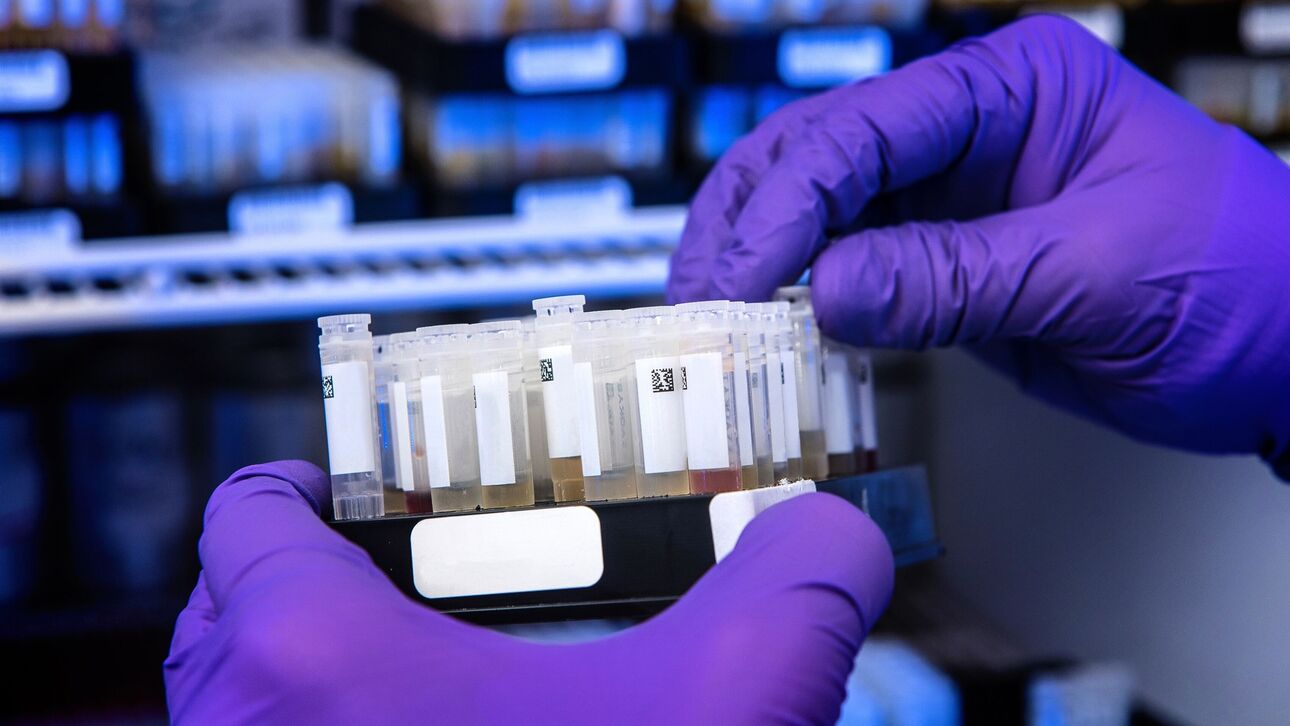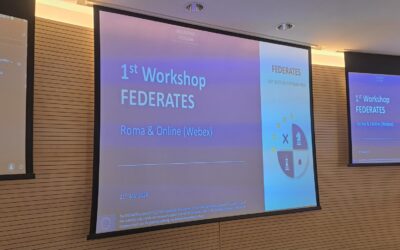Two firefighting helicopters with their 18-member crew arrived in Cyprus from Jordan to support the Republic of Cyprus’ aerial firefighting.

Doctors and scientists are trying to prevent unpleasant developments in the wake of the possible next pandemic.
On Monday, it became known from experts that British scientists have already started creating a vaccine to stop the next deadly pandemic within 100 days of its appearance.
Specifically, the Vaccine Development and Evaluation Center located at the UK Health and Safety Executive’s Porton Down campus is equipped with the world’s deadliest viruses alive.
In particular, as reported by the Guardian and the Daily Mail, although they initially focused on testing the effectiveness of vaccines against new variants of COVID-19, the Center’s 200 scientists are now aiming to develop prototype vaccines to deal with the so-called “Disease X”, i.e. the next possible pandemic pathogen.
In fact, Professor Dame Jenny Harries, head of the Health and Safety Agency, said that what they are trying to do there is to ensure that they are prepared. So if they have a new disease X, a new pathogen, they’ve done as much of that work as possible in advance.
They hope that they can prevent a new pandemic. However, in case they are unable to do so and must respond, then they’ve already started developing vaccines and therapeutics to stop it. They must be prepared for all threats, including those that have not yet been identified.
The center also added that Britain is committed to the 100-day mission, a global goal set by the G7 in 2021 to develop a vaccine against any new pandemic threat within 100 days of its identification.
Also read: The National Guard during the pandemic era
Disease X represents a severe international epidemic that could be caused by a pathogen currently unknown to cause human disease. The WHO adopted the name in 2018 to ensure that its design was flexible enough to adapt to disease.
In addition to Disease X, the World Health Organization’s list of the greatest infectious threats also includes COVID-19, Crimean-Congo hemorrhagic fever, Ebola and Marburg viruses, Lassa fever, SARS and MERS syndromes, viruses Nipa and Henipa, Rift Valley fever and Zika virus.
Disease X could be caused by a yet unknown animal pathogen that has not yet infected human populations. Scientists say the destruction of ecosystems is increasingly favoring contact with wild animals, with the risk of transmitting some zoonotic disease.
Global warming also creates risks of vector-borne pathogens such as mosquitoes and ticks appearing in places where they were not endemic.
Others speculate that Disease X could originate from some synthetic virus that would be released from a laboratory as a result of an accident or even a terrorist act.
Source: CNN Greece
Also read: The military effects of the Pandemic on a teleconference of the EU Defense Ministers
READ MORE
Limassol | Firecrackers and fireworks spread chaos – Photos
The night of Holy Saturday in Limassol was eventful, as the Police and Fire Service faced a massive attack by a group of youths.
Georgia | Another session in two weeks on the controversial “foreign influence” bill
Thousands of protesters blocked a central intersection in the Georgian capital, Tbilisi, where protests against the controversial…
STORE project | AI-assisted optronics to increase combat perception capabilities
The European Commission signed the Grant Agreement for the launch of the STORE (Shared daTabase for Optronics image Recognition and…
The FEDERATES project | Developing Europe’s first MSaas ecosystem
On 21 March 2024, the first Italian Workshop on the FEDERATES project of the European Defence Fund was held.
Cyprus | Jordan mission to reinforce aerial firefighting means
Two firefighting helicopters with their 18-member crew arrived in Cyprus from Jordan to support the Republic of Cyprus’ aerial firefighting.
Saint George | The Patron Saint of the Army and the Infantry
Saint George is one of the most prominent Saints of the Christian religion, not only of the Eastern Orthodox Church, but also of all…
QinetiQ | UK’s first Manned – Unmanned aircraft Teaming
QinetiQ has successfully trialled the UK’s first Manned-Unmanned Teaming (MUM-T) demonstration between a crewed aircraft and a drone.
Lambda Automata | Investment in UAV technology
Greek Lambda Automata has recently announced a major development that will strengthen its position in the defence industry.





















